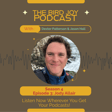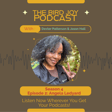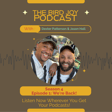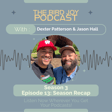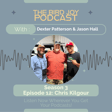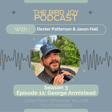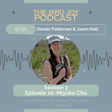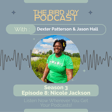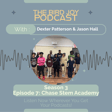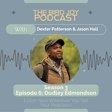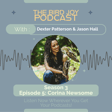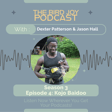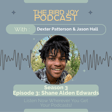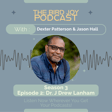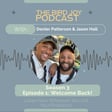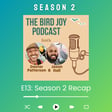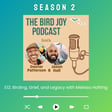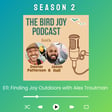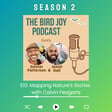
Birding & Science Communication with Isaiah "Ike" Scott
Extraordinary episode ahead! This week, we speak with Isaiah “Ike” Scott, a senior at Cornell University, specifically focusing on studying ornithology at the Cornell Lab or Ornithology. Ike talks to us about what it’s like to study birds and how we followed this particular path in his education, including his teaching under Dr. Irby Lovett. Ike is also a bird artist and can express some beautiful aspects of his birding. Check it out at Ikes Bird Art. We touch on what it’s like to be a student birder seeing his first Golden Eagle and how those experiences play a role in developing as a practical science communicator. It’s essential to get more folks from various communities involved in birding. That comes through in Ike’s social media, educational pursuits, and advice to other budding Black science communicators! We journey to the future, Snoop Dogg album in hand, and figure out where Ike is going!
Join us as we spend some time sharing the always welcome Bird Joy!!
Be sure to follow our podcast on Instagram at @thebirdjoypod and subscribe wherever you get your podcasts.
